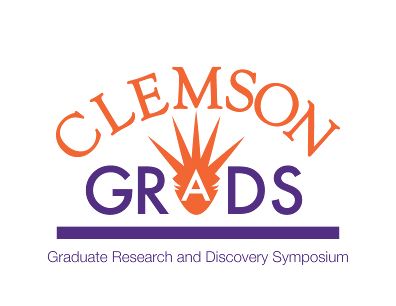Graduate Research and Discovery Symposium (GRADS)
Document Type
Poster
Publication Date
Spring 2015
Abstract
The present study assessed implicit and explicit attitudes toward mental health treatment, and whether the different attitude assessments were related to treatment-seeking. Undergraduate students (N=192) completed three Implicit Association Tests (IAT), which were computer-based reaction time tasks where participants responded to terms for mental health and medical treatments that were paired with the attributes good versus bad, effective versus ineffective, and honoring versus humiliating. Survey items assessed explicit ratings of mental health treatment and medical treatment on these attributes, as well as more general attitudes toward mental health treatment. The IAT results revealed a significant negative implicit bias toward mental health treatment as being less effective, good, and honoring than medical treatment. Explicit survey measures also showed more negative responses toward mental health treatment. Some correspondence was also obtained between the implicit biases reflected by the IAT and the explicit biases shown on the self-report survey. Finally, students who had sought mental health treatment had more positive explicit attitudes toward mental health treatment than those who had not sought treatment, but no differences were obtained on the implicit attitude measures. The current study helps to progress research working to reduce stigma towards mental health treatment and increase treatment-seeking behaviors.
Recommended Citation
Goguen, Kandice; Britt, Thomas; Jennings, Kristen; Sytine, Anton; Jeffirs, Stephanie; and Peasley, Allison, "Implicit and Explicit Attitudes Towards Mental Health Treatment" (2015). Graduate Research and Discovery Symposium (GRADS). 183.
https://open.clemson.edu/grads_symposium/183


